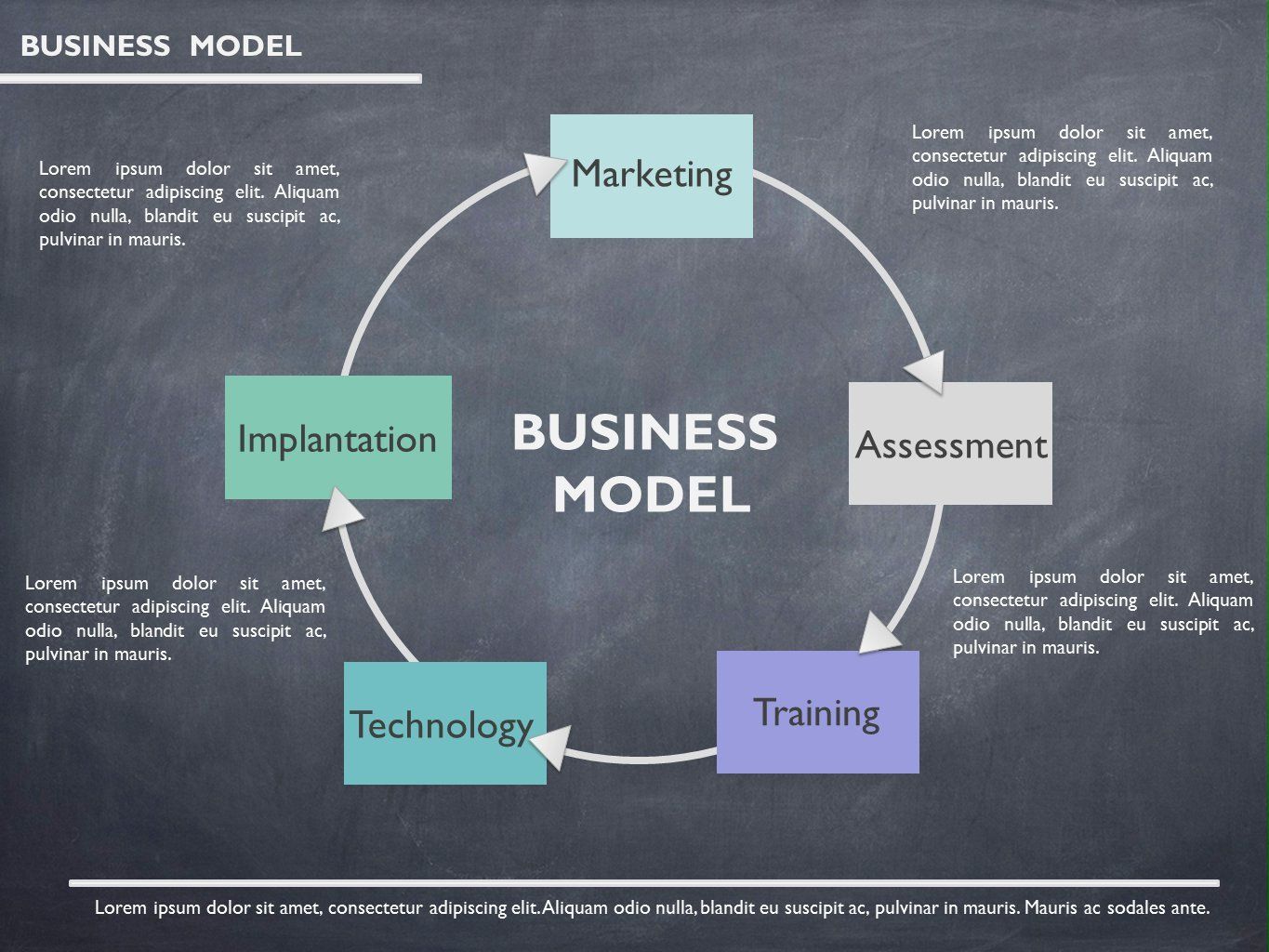The phone buzzes against the table, a low, insistent hum. It’s not a person, not a call. It’s a demand dressed up as a celebration. A bright, cartoonish pop-up appears, splashing color over the screen: ‘You’re on a 5-day gifting streak! Send one more today to unlock the Amethyst Friendship Badge!’
Amethyst Friendship Badge Unlocked!
My thumb hovers. A part of my brain, the old, dumb lizard part, feels a pull. A streak. A badge. Unlock. These words are keys, designed to fit locks buried deep in our psychology. The compulsion is immediate and irrational. The badge has no value. It confers no status. It is a collection of pixels that will be replaced by a different, shinier collection of pixels next week. And yet, the thought of the streak breaking feels… wrong. It feels like a small failure in a game I didn’t even realize I was playing.
The Architecture of Modern Control
This is the architecture of modern control. We’re told it’s “gamification,” a clever way to make mundane tasks more engaging. That’s a lie. It’s not about making things fun. It’s about making them addictive. It’s the application of casino and slot machine mechanics to the fabric of human interaction. The daily login bonus, the progress bar that’s always 82% full, the variable reward drops-these aren’t features for your enjoyment. They are tools of behavioral engineering, honed in Vegas and perfected in Silicon Valley to keep you pulling the lever. Every notification is a spin of the wheel. Every like is a little cascade of coins. Every badge is a meaningless jackpot that keeps you feeding the machine.
I feel a surge of revulsion, the same kind I felt earlier today when I saw a spider scuttling across the floor. My reaction was primal. I didn’t negotiate with it. I didn’t try to understand its motivations. I found a shoe, and with a single, decisive thud, I ended its frantic, eight-legged game. That’s what I should do with this notification. Close the app. Break the streak. Smash the machine. But I don’t. That’s the most pathetic part. I find myself scrolling, looking for someone, anyone, to send a cheap digital gift to, just to keep the chain unbroken.
The Game Has Superseded the Goal
I despise this loop, and I’m a willing participant. It’s a contradiction I live with every day. I rail against these systems while meticulously maintaining my 232-day streak on a language app. Do I feel like I’m 232 days closer to fluency? No. I feel like a well-trained lab rat who gets his pellet every time he taps the correct button. The app celebrates my streak, but the actual learning feels secondary. The game has superseded the goal. The real objective is no longer to learn Spanish; it’s to not break the streak. And the system is designed to make breaking it feel like a personal failing.
The symbol of progress, detached from the actual learning outcome.
They have turned our lives into a badly designed role-playing game.
And the rules are rigged. The quests are meaningless, the rewards are hollow, and the house always wins. Your time, your attention, your money-that’s the currency the house collects. The entire ecosystem is designed to convert that flicker of social obligation into a transaction. The badge isn’t free; it’s bait. It prompts you to send another digital rose, another cartoon diamond, and if your balance is low, the next step is a seamless pop-up for شحن عملات تيك توك. The game isn’t about connection; it’s about conversion. It’s about making you feel just enough pressure, just enough anxiety about your social standing, that spending $2 becomes the easiest way to relieve it.
A World Unquantifiable: Drew V.K. and the Pipe Organ
I was talking to a man named Drew V.K. the other day. Drew tunes pipe organs. That’s his job. He spends his days in vast, empty churches, surrounded by thousands of pipes ranging from the size of a pencil to the size of a telephone pole. His work is the antithesis of gamification. There are no progress bars, no daily login bonuses, no leaderboards for ‘Most Resonant C-Sharp.’
The Absence of Dissonance
Listening for silence, for the moment when tones merge into perfect harmony.
Intrinsic Value
The work is the reward; its value cannot be gamified or quantified.
He told me about tuning a Mixture stop, which involves tuning multiple pipes for a single note to create a brilliant, shimmering sound. To get it right, he has to listen for the ‘beats’-the subtle, oscillating waves you hear when two frequencies are slightly out of sync. His job is to make the beats disappear. He adjusts a pipe, waits, and listens. For silence. For the moment when the two tones merge into one perfect, stable sound. This can take hours. Just for one note. His reward isn’t a badge; it’s the absence of dissonance.
We spent about 42 minutes talking about the smell of old lead and hundred-year-old wood. Drew’s world is physical, tangible, and deeply resistant to quantification. How do you assign points to the perfect fifth? How do you create a streak for achieving acoustic harmony? You can’t. To even try would be to fundamentally misunderstand the purpose of the work. The work is the reward. The resonant chord that fills a cathedral is the prize, and it cannot be gamified because its value is intrinsic, not symbolic.
The Poverty of Extrinsic Validation
This conversation was a tangent, I know. But it’s stuck with me. Drew’s reality exposes the poverty of the one we’re building online. We are being trained to seek extrinsic validation for everything. We don’t just go for a run; we have to log it, share it, and get kudos to prove it happened. We don’t just have a conversation; we have to maintain a Snapstreak as a metric of our friendship. We’ve reframed human behavior as a series of optimizable loops. Friendship isn’t a bond; it’s a resource to be mined for engagement. Kindness isn’t a virtue; it’s a daily quest. Support isn’t an act of empathy; it’s a gift you send to climb a leaderboard.
My own mistake in this wasn’t just downloading the apps. It was letting their logic seep into my own. I remember feeling a flash of genuine, idiotic anger at a friend who didn’t ‘like’ a post about a personal achievement. For a moment, I wasn’t thinking about my friend, the complex, messy, wonderful human being with his own life and problems. I was thinking of him as a player in my game who had failed to perform his function. He didn’t give me my little dopamine pellet. The shame of that realization was far more acute than any broken streak. I had started to believe the lie: that the symbol for support was more meaningful than the support itself.
Winning the Real Game
We are losing this game. We’re losing because we think winning means collecting the most badges, maintaining the longest streaks, or hitting the top of the weekly leaderboard. We chase these digital ghosts while the real substance of life-the messy, complicated, unquantifiable stuff-slips through our fingers. The game is designed to make us forget what real winning feels like. It doesn’t feel like a notification. It feels like the quiet satisfaction of a job well done. It feels like the resonant silence Drew V.K. listens for in a silent church, the perfect harmony that no app could ever measure or reward.
Digital Ghosts
Badges, streaks, leaderboards – ephemeral rewards.
Real Substance
Quiet satisfaction, intrinsic harmony – unquantifiable value.







































































































































































































































































































































































































































































































































